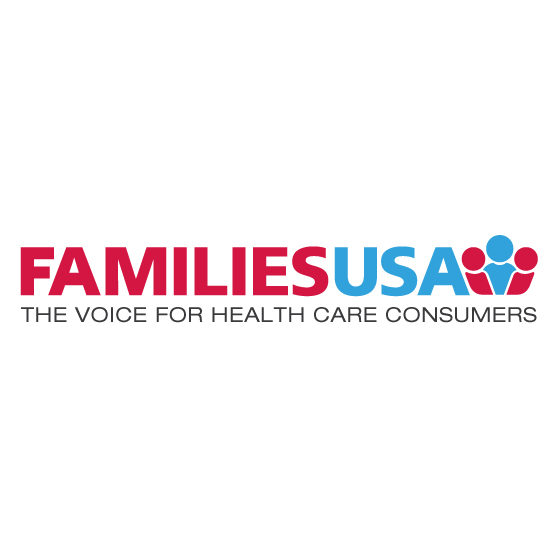Medicare’s Drug Benefit: With Regulatory Action Off the Table, All Eyes Are on Capitol Hill
03.31.2019
On May 16th, the Centers for Medicare and Medicaid Services announced a final regulation for Medicare’s Part D drug benefit for 2020. The regulation backed off of a proposal that would have created significant exceptions to requirements that Part D plans cover all drugs in six “protected classes”. With the final regulation leaving Medicare Part D’s basic structure as is, the focus is even greater on Congress, which is currently considering whether to pass legislation to get control over prescription drug prices in Medicare and potentially more broadly. A legislative approach that gives Medicare the ability to negotiate prices is vastly preferable from a patient access perspective to a regulatory approach that relies on increasing the use of restrictive plan formularies for cancer, mental illness, HIV and other protected class conditions.
As we discussed in our formal comments on the proposal and in our online summary, while Part D plans can use restrictive formularies that exclude some FDA-approved drugs as a general matter, they must currently cover “all or substantially all” drugs in six protected classes. These protected classes are anticonvulsants, antidepressants, antineoplastics (i.e. anti-cancer), antipsychotics, antiretrovirals, and immunosuppressants. Late last year the Trump administration proposed various exceptions that would allow Part D plans to create additional barriers to coverage for drugs in protected classes in particular circumstances. In our comments on the proposed rule, we did not absolutely rule out this approach. However, we strongly encouraged the administration to develop more targeted and more clinically valid criteria for determining which drugs or classes of drugs should remain exempted from such formulary management tools.
In the end CMS dropped the proposal entirely, citing opposition from “many commenters”.
There is a real problem of pricing abuses in Medicare Part D protected classes. New evidence for this problem was published on May 28th in the Journal of the American Medical Association. The research shows ten years of price increases for cancer drugs in Medicare Part D from 2010 to 2019—that is, over and above what are often unjustifiably high initial prices. These increases after initial coverage are a raw exercise of pricing power that cannot be waved away with the rationales often cited to (dubiously) justify initial drug prices. And they are dramatic: on average, drugs covered from 2010-2019 saw cumulative price increases of 93%. More recently approved drugs have fewer years of price increases but most had initial monthly prices of $8,000 to almost $20,000, an amount several times the median monthly household income in the United States.
With the CMS announcement, it is clearer than ever that the solution to the problem of drug pricing abuses is in Congress, not in efforts to use administrative authority under existing statute. We and our fellow members of the Coalition for Fair Drug Pricing have laid out a clear agenda for potential Medicare Part D reforms that would preserve the protected classes in Part D among other important beneficiary protections, by putting the emphasis on direct federal pricing interventions.


